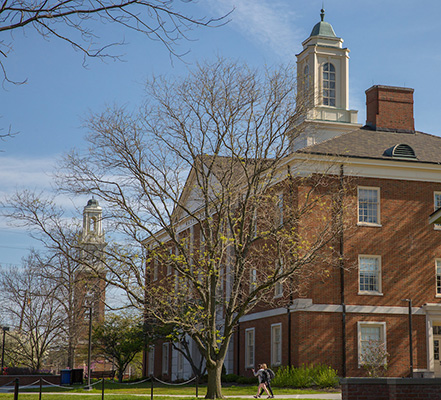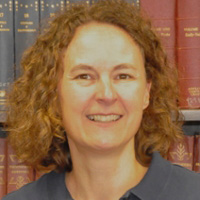
Ph.D., Rensselaer Polytechnic Institute, 2009
Associate Teaching Professor
Chief Department Adviser and Assistant Chair
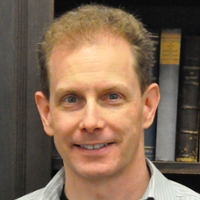
Ph.D., Purdue University, 2009
Senior Lecturer in English and ESL Composition Coordinator
Areas: Second-language writing, participation by second language learners in mixed L1/L2 classrooms, multimodal composing, and mismatches between student expectations and writing program standards
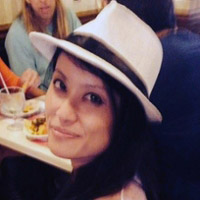
Ph.D., University of Massachusetts, Amherst, 2012
Associate Professor of English (Middletown Campus)
Areas: Language practices, representation, race, Asian-American rhetoric, community and public theories in digital environment
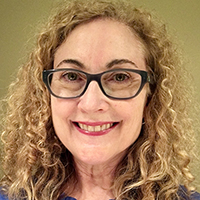
Ph.D., Ball State University, 2012
Associate Teaching Professor
Areas: Business and professional communication, hybrid and online writing instruction, digital and multimodal writing and rhetoric, industrial-age advertising rhetoric.
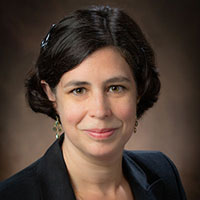
Ph.D., University of Michigan, 2018
Assistant Professor of English, Director of the Howe Writing Center
Areas: Writing Studies, literacy studies, reading-writing connection, disciplinary history of English studies, writing center studies, transfer studies
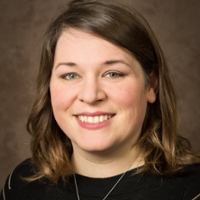
Ph.D., Purdue University, 2016
Associate Professor of English
Areas: Indigenous rhetorics, cultural rhetorics, digital rhetoric, new media and composition, professional writing
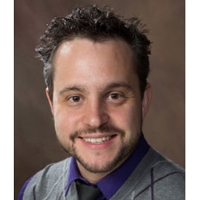
Ph.D., Virginia Tech, 2012
Associate Professor of English, Director of Professional Writing
Areas: Digital rhetoric, writing technologies, composition theory and history, digital publishing, web standards and markup languages, publics and counterpublics
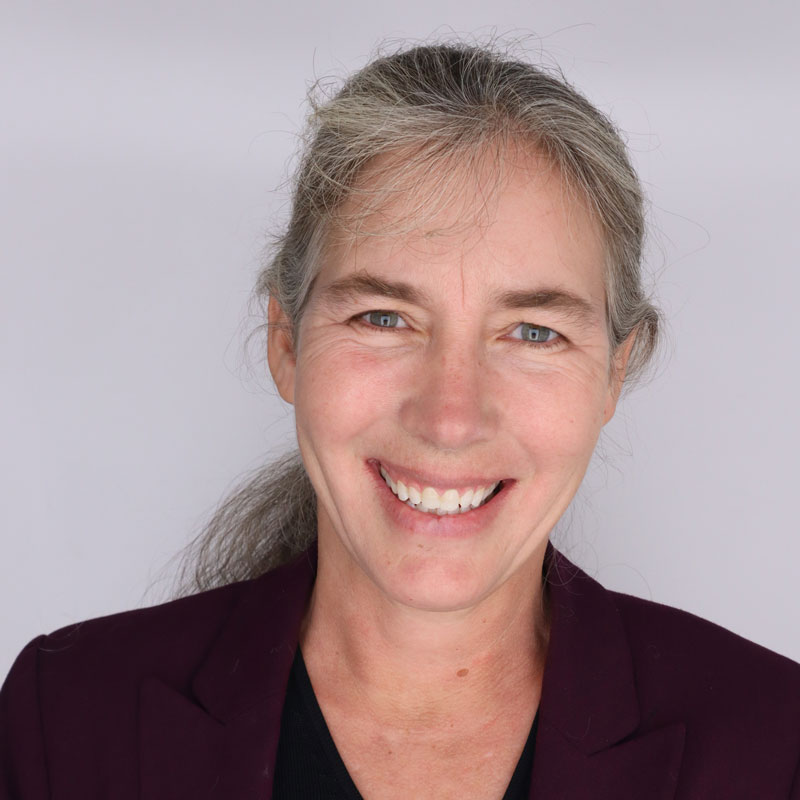
Ph.D., University of Massachusetts, Amherst, 2005
Professor, English Department
Affiliate Faculty, Armstrong Interactive Media Studies
Areas: Business and professional communication; digital writing and rhetoric, writing center and program administration, research ethics and methodologies.
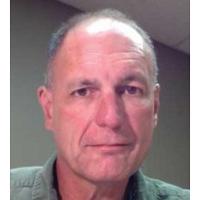
Ph.D., University of Detroit, 1982
Professor of English and Emerging Technology in Business & Design
Areas: Rhetoric theory and history, professional communication, digital rhetoric, rhetorical ethics, intellectual property, online writing instruction
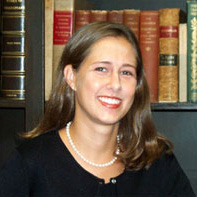
Ph.D., Purdue University, 2000
Professor of English
Areas: Public rhetorics and civic engagement, research methodologies, visual and digital rhetoric, community-based research, environmental rhetoric, professional communication

Ph.D., Purdue University
Assistant Professor, English and Emerging Technology in Business
and Design
Areas: Digital rhetoric, data visualization, accessibility, graphic design, computer code, professional writing
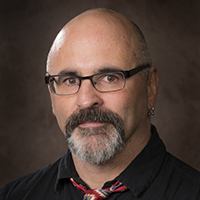
Ph.D., Indiana University of Pennsylvania, 1992
Professor of English (Middletown Campus)
Areas: Composition and rhetoric, open-access issues
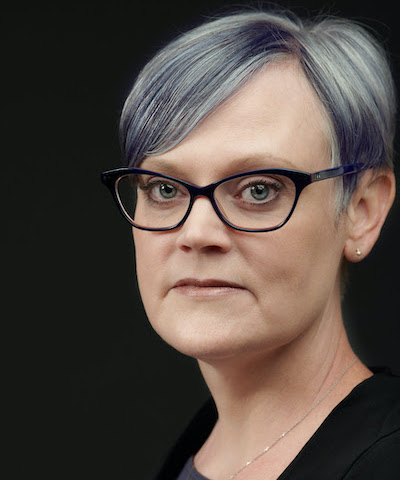
Ph.D., Iowa State University, 2003
Roger and Joyce Howe Distinguished Professor of Written Communication
Director, Howe Center for Writing Excellence
Areas: Transfer, threshold concepts, FYC as writing studies, writing program administration, composition theory, genre theory, activity theory
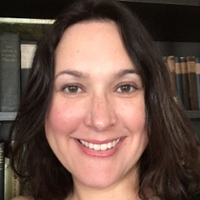
Ph.D., The Ohio State University, 2006
Associate Professor of English, Director of Composition
Areas: Composition theories, histories, and pedagogies; literacy studies, Appalachian studies, retention and writing studies; feminist methodologies and pedagogies
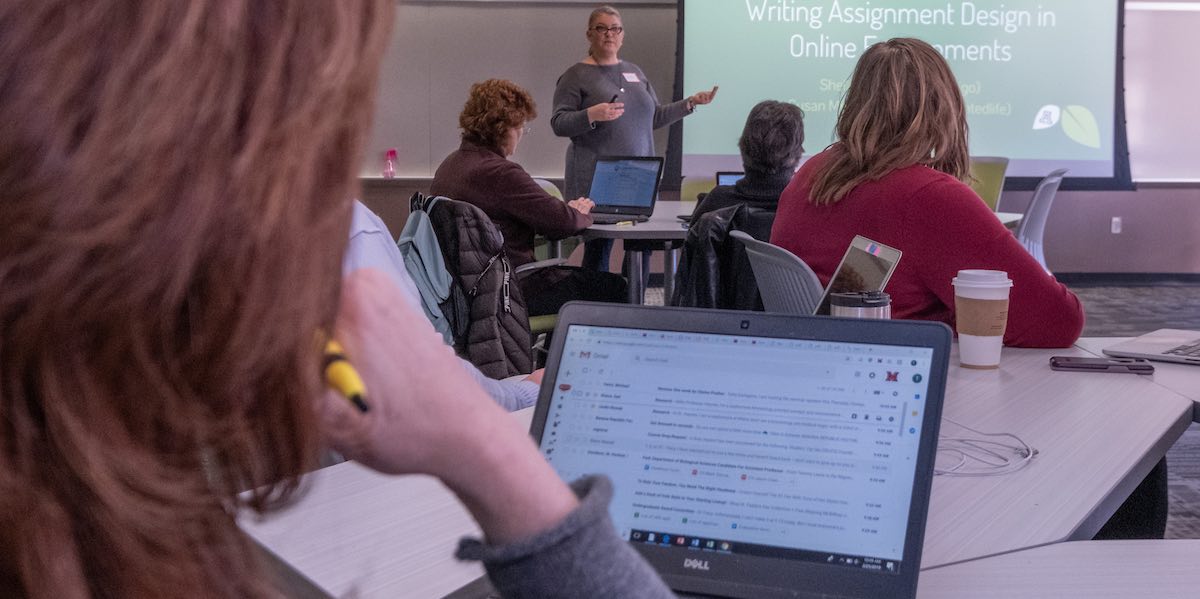
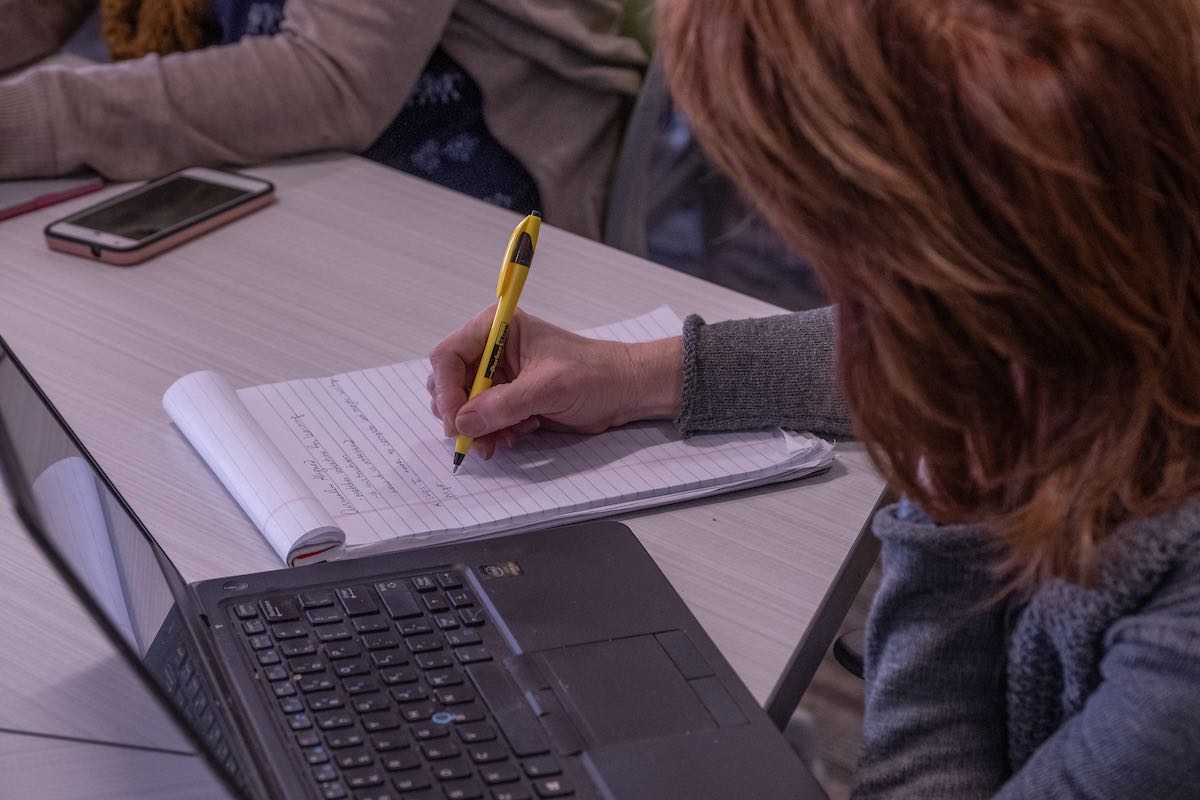
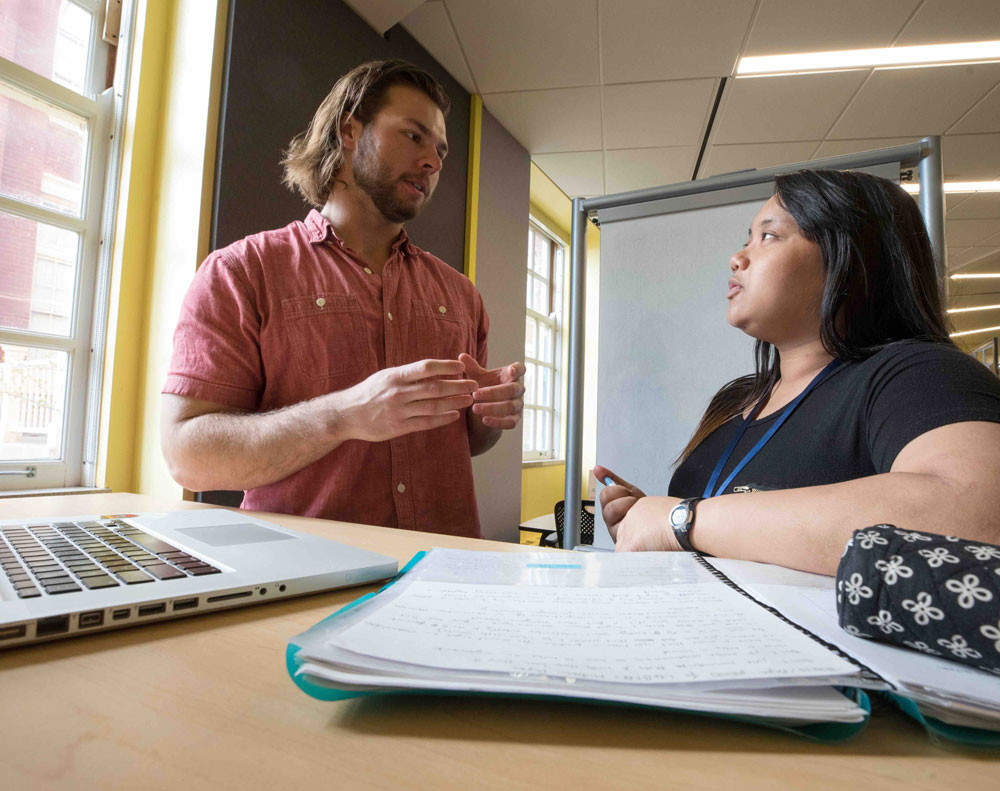
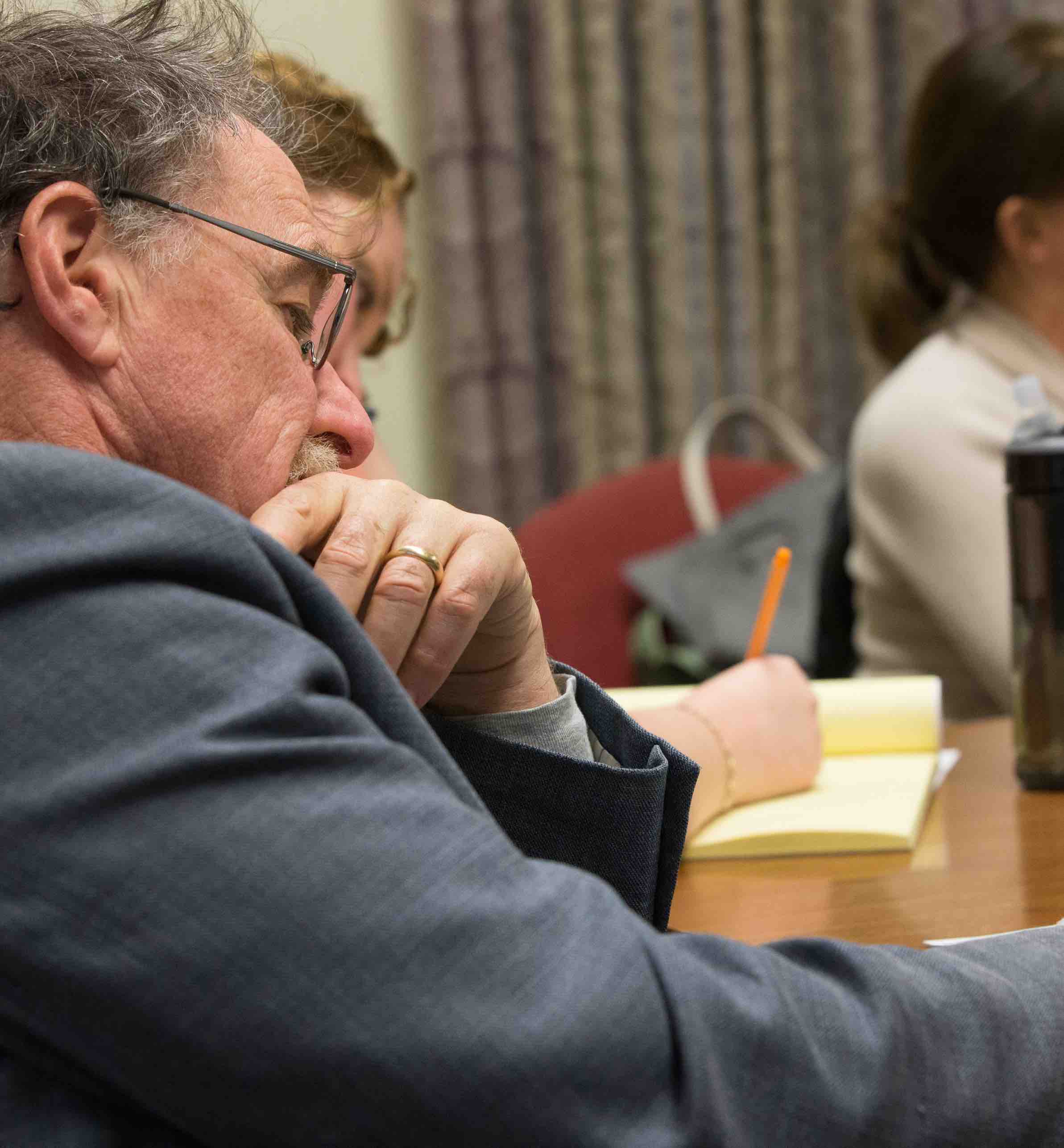














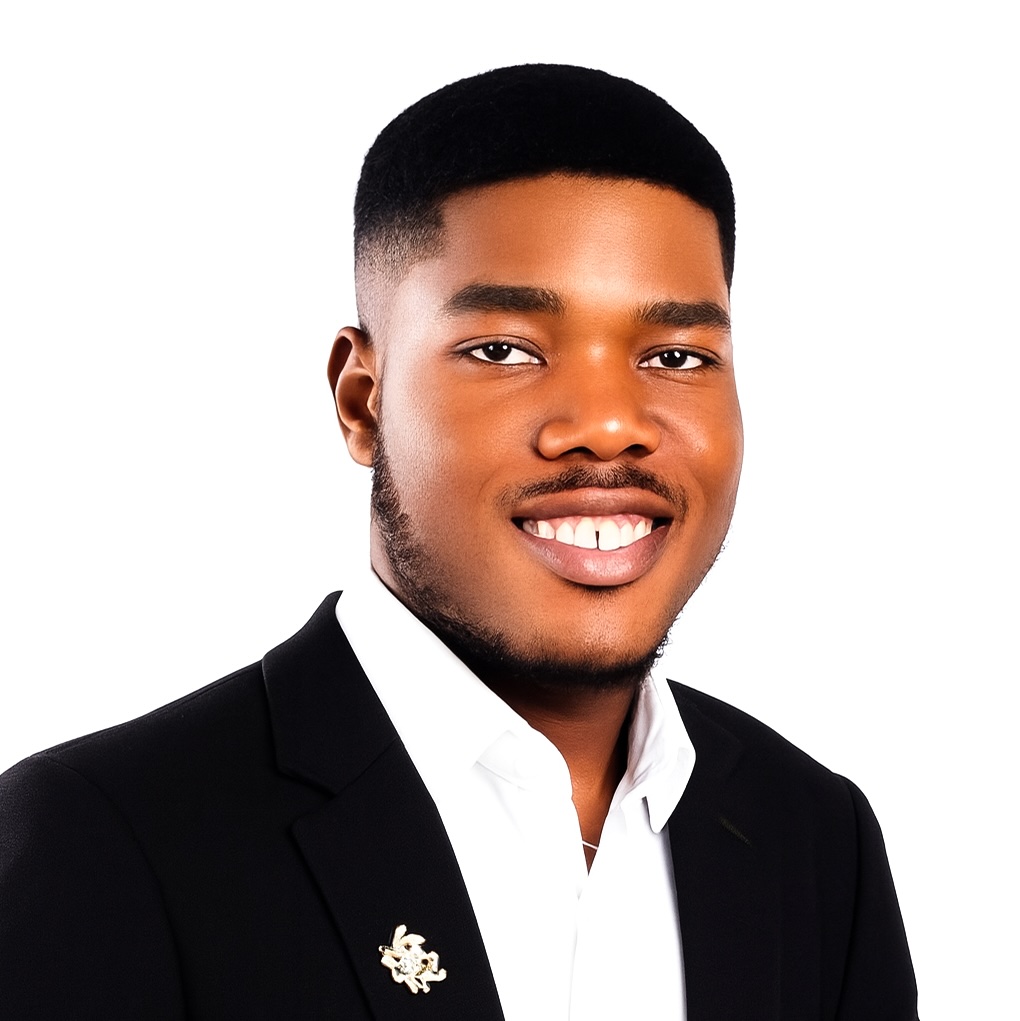 Samuel Amoabeng
Samuel Amoabeng 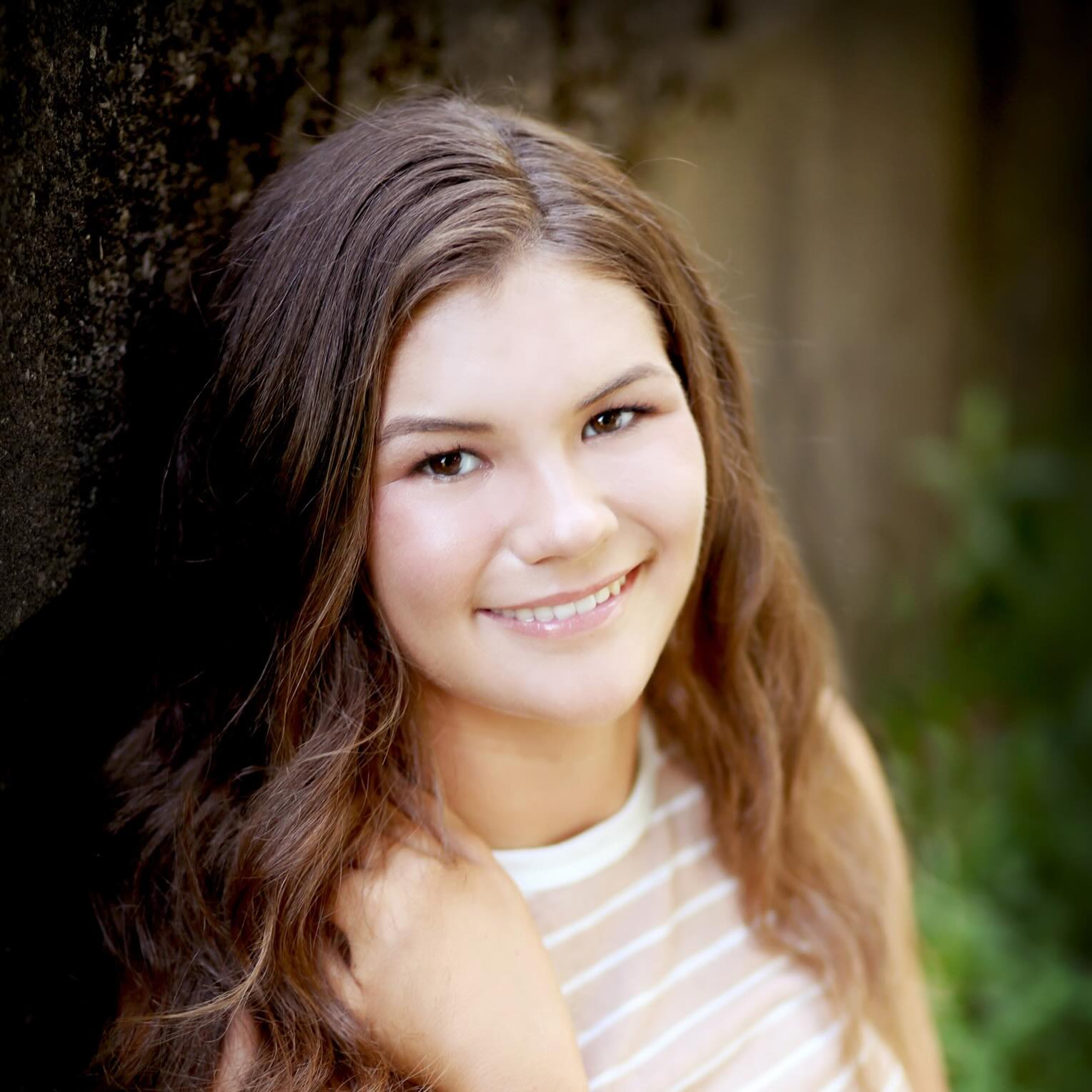 Emma Bapst
Emma Bapst 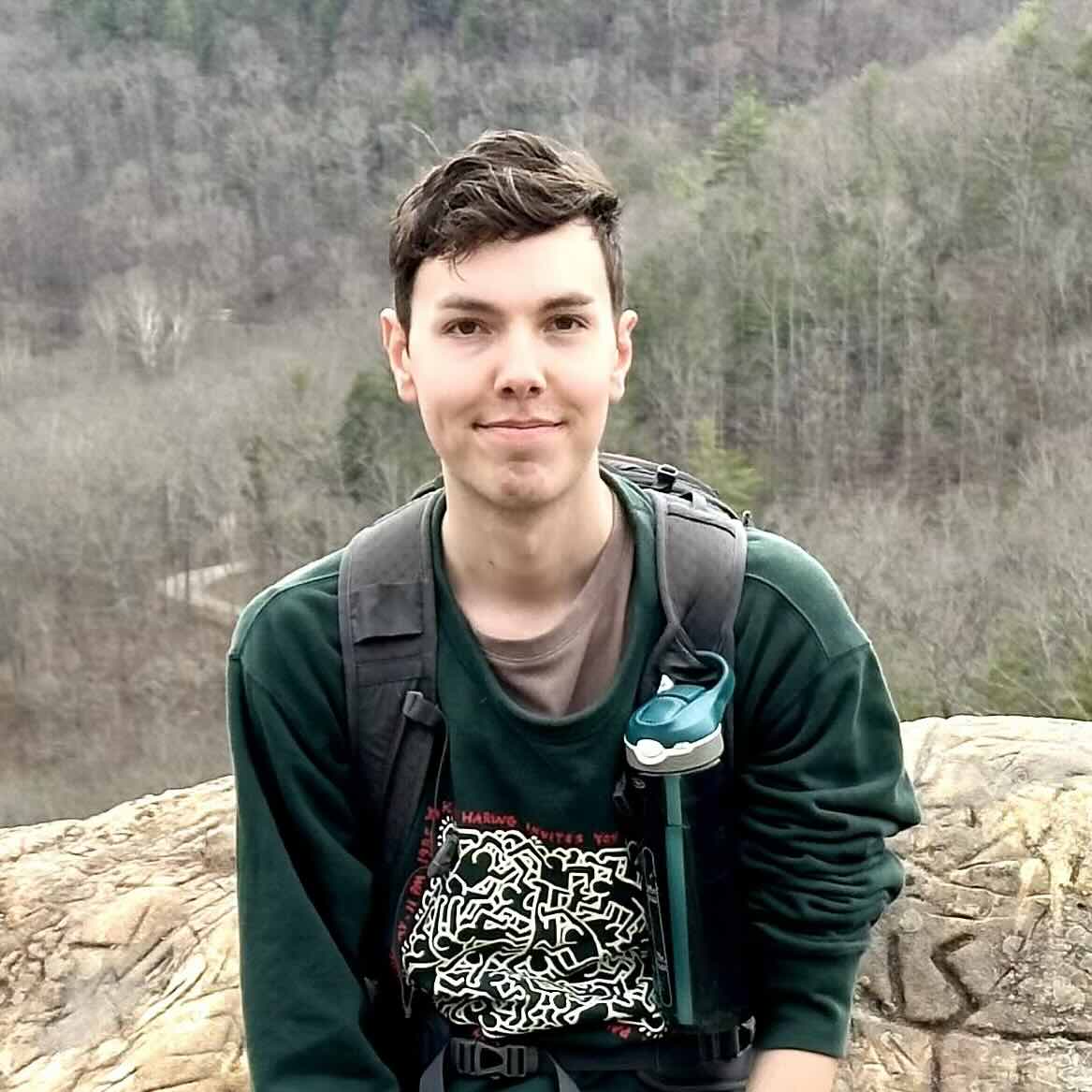 Brady Hall
Brady Hall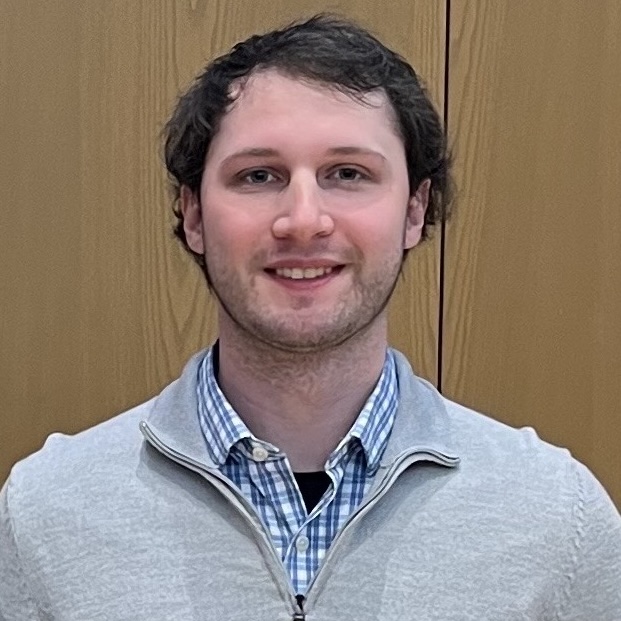 Thomas Sargent
Thomas Sargent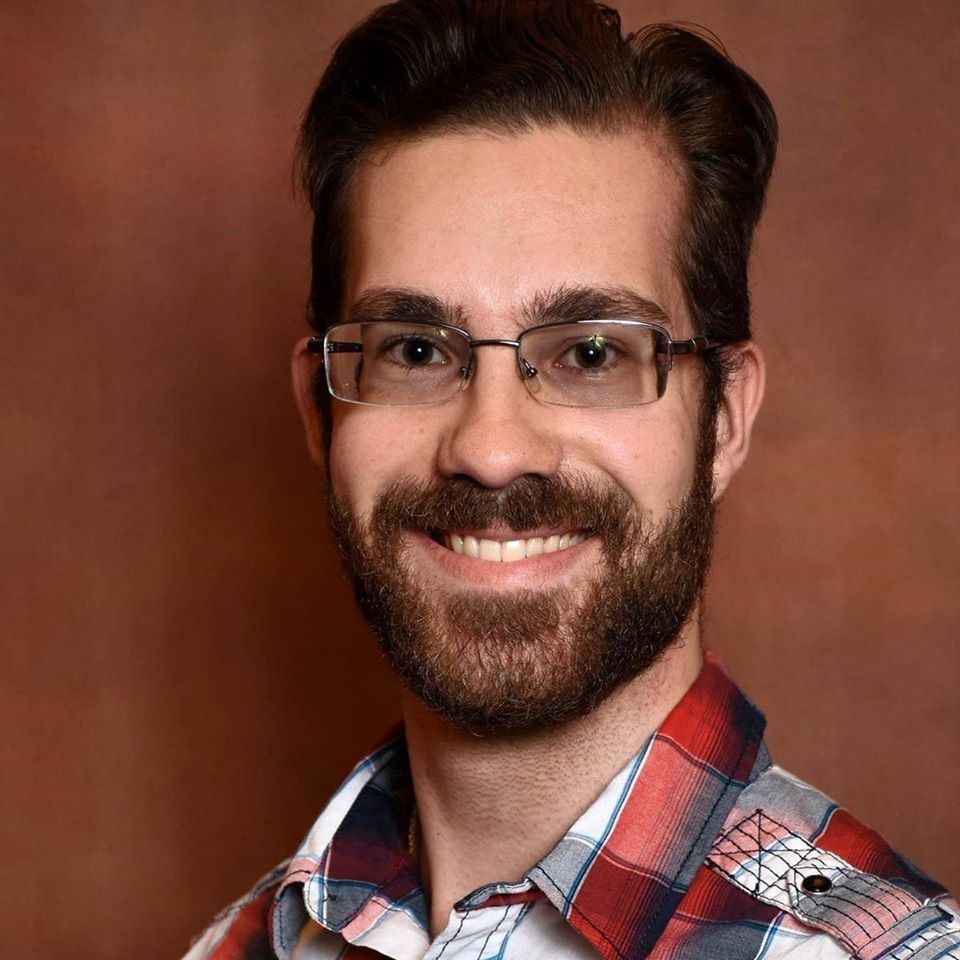 Kevin Blume
Kevin Blume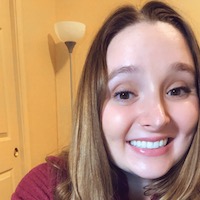 Emma Boddy
Emma Boddy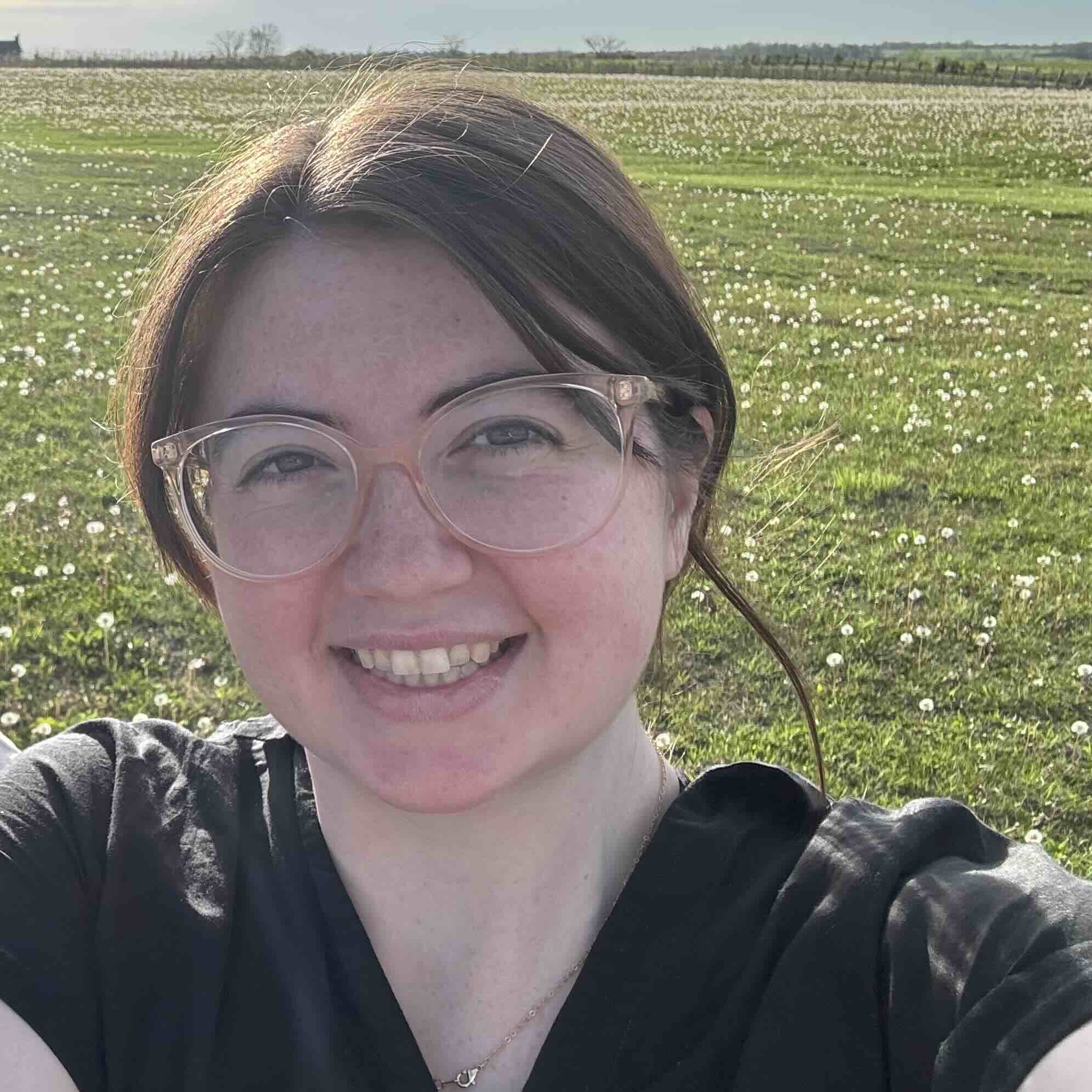 Cameron Cavaliere
Cameron Cavaliere Laura Edwards
Laura Edwards Brian Leingang
Brian Leingang Su Liu
Su Liu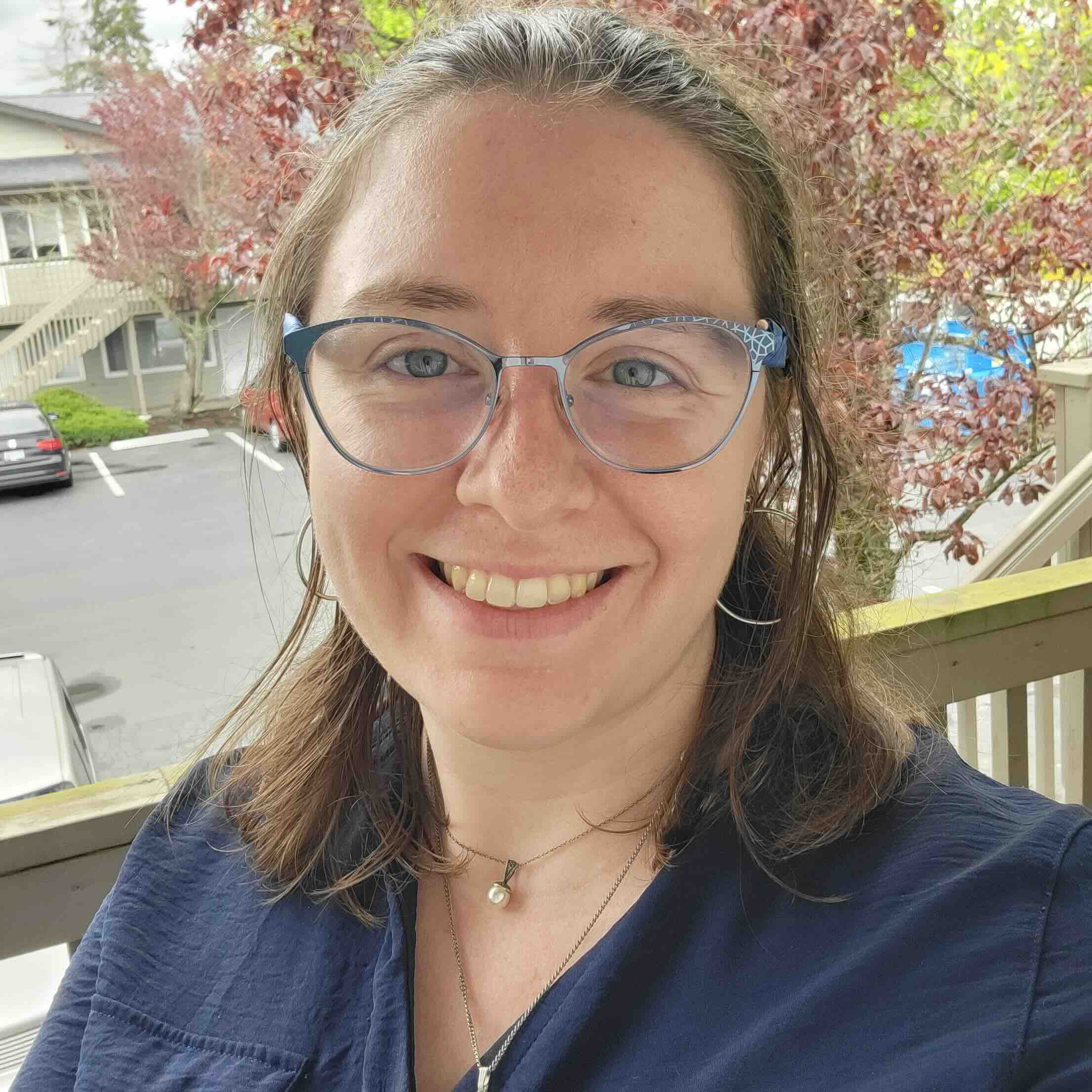 Tommie McPhetridge
Tommie McPhetridge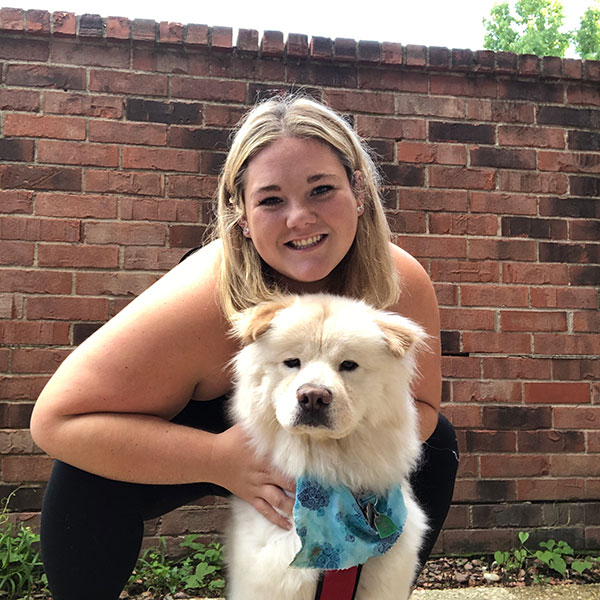 Claire Metzger
Claire Metzger Rena Perez
Rena Perez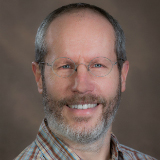 Brad Reitz
Brad Reitz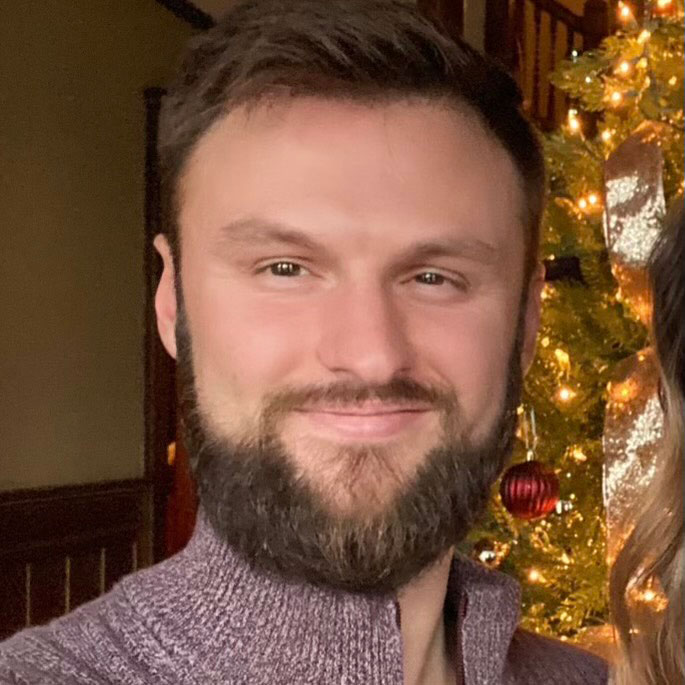 Joshua Scheidler
Joshua Scheidler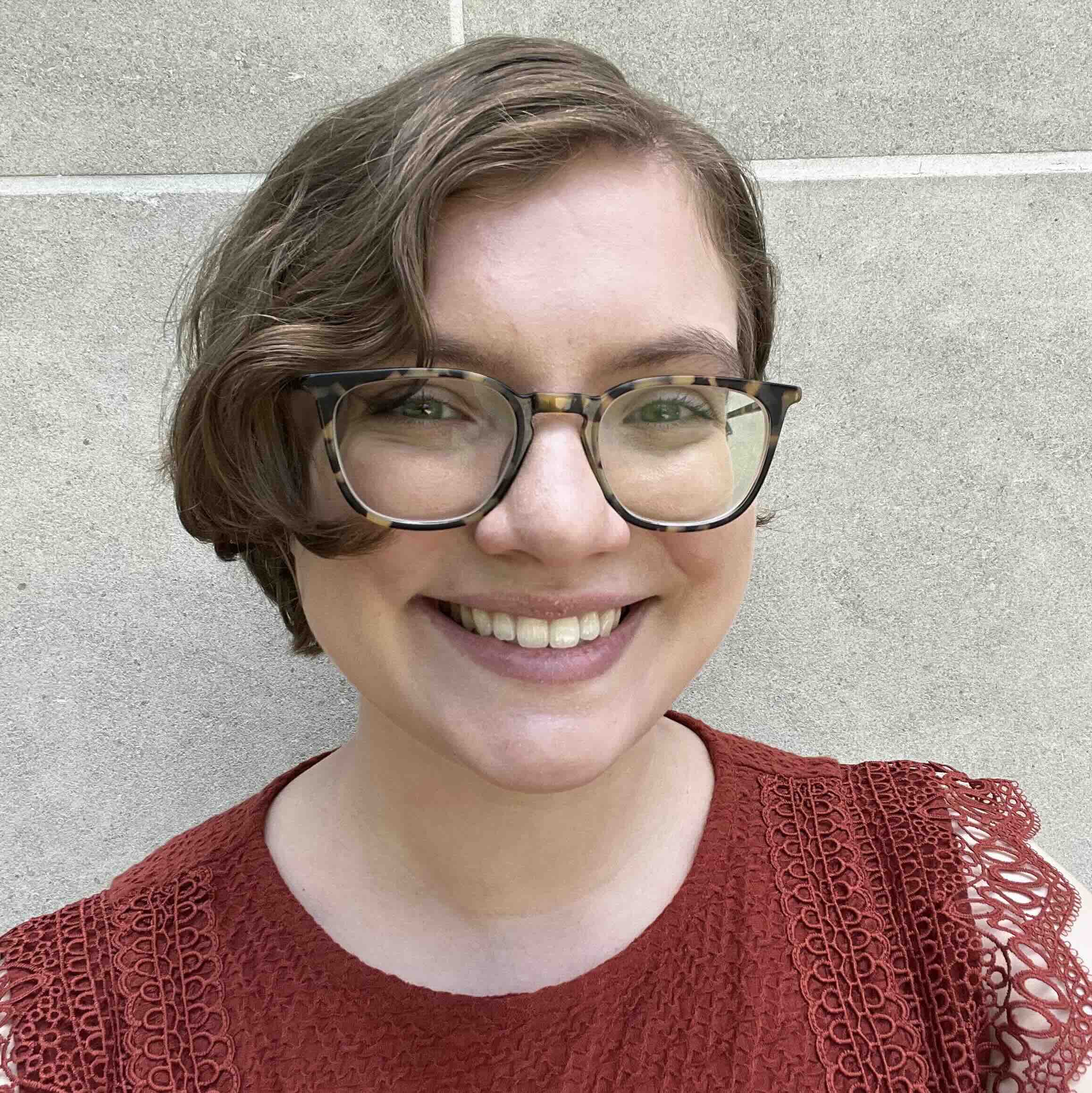 Allie Stanich
Allie Stanich